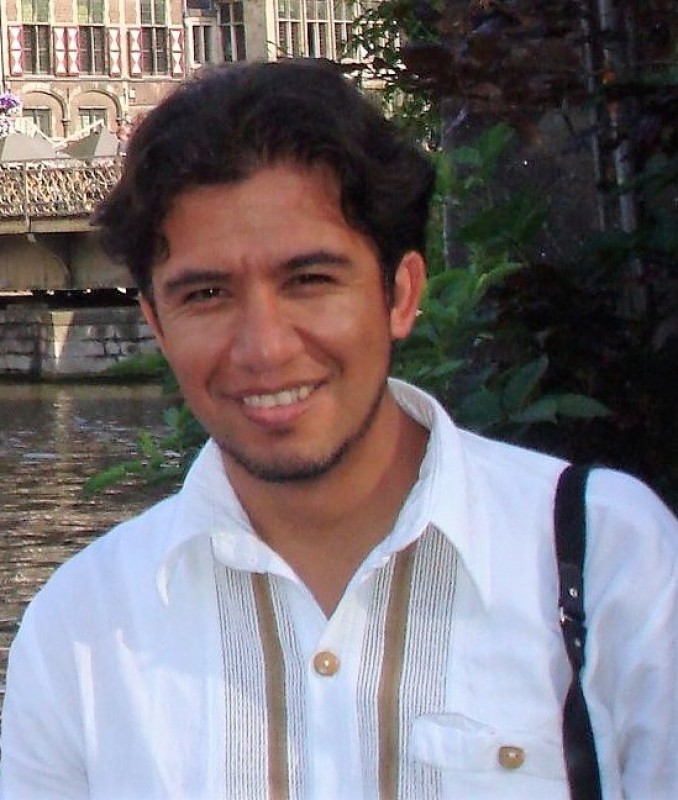KLI Colloquia are invited research talks of about an hour followed by 30 min discussion. The talks are held in English, open to the public, and offered in hybrid format.
Fall-Winter 2025-2026 KLI Colloquium Series
Join Zoom Meeting
https://us02web.zoom.us/j/5881861923?omn=85945744831
Meeting ID: 588 186 1923
25 Sept 2025 (Thurs) 3-4:30 PM CET
A Dynamic Canvas Model of Butterfly and Moth Color Patterns
Richard Gawne (Nevada State Museum)
14 Oct 2025 (Tues) 3-4:30 PM CET
Vienna, the Laboratory of Modernity
Richard Cockett (The Economist)
23 Oct 2025 (Thurs) 3-4:30 PM CET
How Darwinian is Darwinian Enough? The Case of Evolution and the Origins of Life
Ludo Schoenmakers (KLI)
6 Nov (Thurs) 3-4:30 PM CET
Common Knowledge Considered as Cause and Effect of Behavioral Modernity
Ronald Planer (University of Wollongong)
20 Nov (Thurs) 3-4:30 PM CET
Rates of Evolution, Time Scaling, and the Decoupling of Micro- and Macroevolution
Thomas Hansen (University of Oslo)
RESCHEDULED: 18 Dec (Thurs) 3-4:30 PM CET
Chance, Necessity, and the Evolution of Evolvability
Cristina Villegas (KLI)
8 Jan 2026 (Thurs) 3-4:30 PM CET
Embodied Rationality: Normative and Evolutionary Foundations
Enrico Petracca (KLI)
15 Jan 2026 (Thurs) 3-4:30 PM CET
On Experimental Models of Developmental Plasticity and Evolutionary Novelty
Patricia Beldade (Lisbon University)
29 Jan 2026 (Thurs) 3-4:30 PM CET
Jan Baedke (Ruhr University Bochum)
Event Details

Topic description / abstract:
In the last two decades there has been a renewed interest in discussing the origins of music. Some argue that music should be conceived as a naturally selected adaptation and assume that, during the Upper Paleolithic, music emerged to solve specific survival problems. Contrastingly, others claim that the emergence of music was evolutionarily irrelevant. In my talk, after a brief review of this debate, I will bridge empirical and theoretical connections between a considerable range of disciplines to propose an integrated theoretical and dynamic narrative about the origins of our musical capacities. Accordingly, I will argue that certain cognitive capacities required to make music may have been cultivated as part of interdependent and intertwined bio-cultural processes that occurred over the evolution of our hominin lineage. Thus, I will claim that the co-construction and co-evolution of niches of abilities shaped by mechanisms of sound production, gradual refinement of motor control, rhythmic body motions, imitation, and spontaneous collective synchronization (among others), most likely enabled the consolidation of our basic musical capacities that may have evolved along with -and as a part of- our basic cognitive capacities of social interaction.
Biographical note:
Luis Alejandro Villanueva Hernández completed his B.A. in Philosophy at the Benemérita University of Puebla BUAP, followed by a M.A. in Ethnomusicology at the National Autonomous University of Mexico UNAM.
Currently, he is a PhD candidate in Philosophy of Science in the Institute for Philosophical Research at the National Autonomous University of Mexico, UNAM. From January to June 2016 he did a PhD stay research under the supervision of Professor Ian Cross in the Centre for Music and Science at the Faculty of Music of the University of Cambridge. In his PhD dissertation, supervised by Professor Sergio F. Martínez, he explores models of niche construction, material culture evolution, social interaction, cognitive ethnomusicology, cognitive archaeology and embodied music cognition (among others), to develop a framework that would allow the integration of different scientific findings going on different disciplines that may be relevant to explain the origins of musical cognitive capacities. He has recently received a KLI Writing-Up fellowship to complete his PhD thesis.
He is also an active musician and plays a wide range of traditional musical instruments from Mexico and South America. He has been, for many years, a member of a Mexican musical band called Tsasná (moonlight in Totonac language) with which he has recorded several albums and performed in many international music festivals in Mexico, Europe, South America and Asia.


